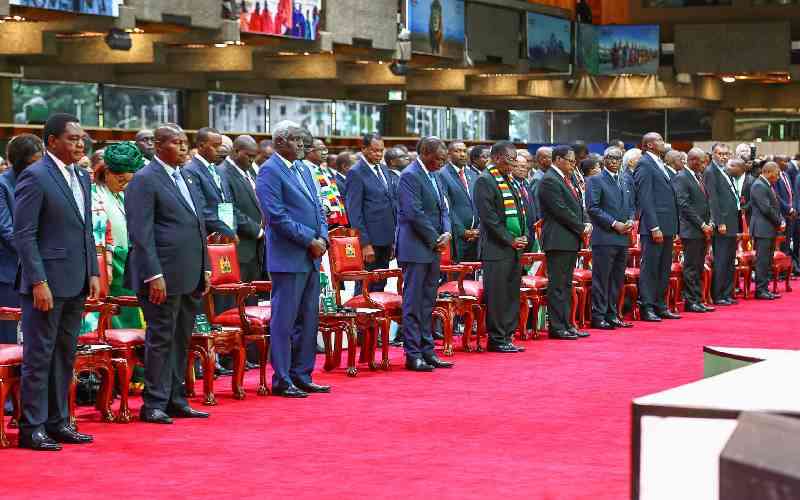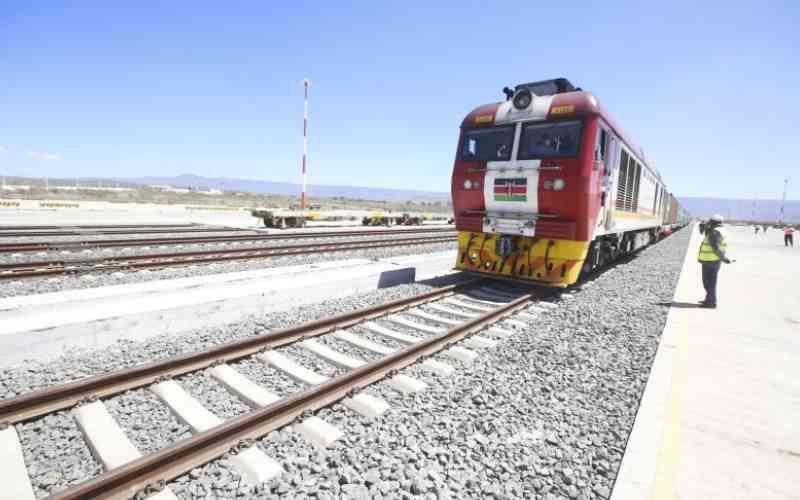×
The Standard e-Paper
Home To Bold Columnists

African heads of state endorsed the Nairobi Declaration, opening doors for a Fertiliser and Soil Health Action Plan and Initiative for Africa at the close of the 2nd Africa Fertilizer and Soil Health Summit in Nairobi.
President William Ruto said the deliberations at the summit have culminated in outcomes that will define the use of fertiliser and soil health in Africa.







